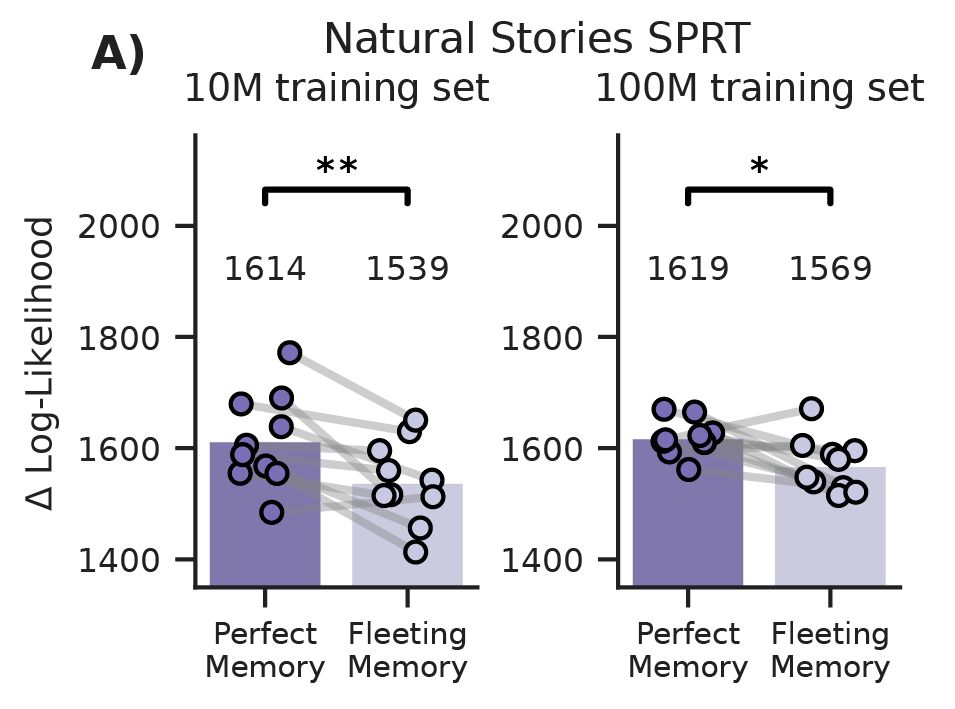language and vision in brains & machines
cognitive science 🤝 AI 🤝 cognitive neuroscience
michaheilbron.github.io
so how to represent the novel words? v. interesting test case
so how to represent the novel words? v. interesting test case
Yet they also reveal a curious distinction: a model with more human-like *constraints* is not necessarily more human-like in its predictions
Yet they also reveal a curious distinction: a model with more human-like *constraints* is not necessarily more human-like in its predictions
Strikingly these same models that were demonstrably better at the language task, were worse at predicting human reading behaviour

Strikingly these same models that were demonstrably better at the language task, were worse at predicting human reading behaviour
Fleeting memory models achieved better next-token prediction (lower loss) and better syntactic knowledge (higher accuracy) on the BLiMP benchmark
This was consistent across seeds and for both 10M and 100M training sets

Fleeting memory models achieved better next-token prediction (lower loss) and better syntactic knowledge (higher accuracy) on the BLiMP benchmark
This was consistent across seeds and for both 10M and 100M training sets
Human memory has a brief 'echoic' buffer that perfectly preserves the immediate past. When we added this – a short window of perfect retention before the decay -- the pattern flipped
Now, fleeting memory *helped* (lower loss)

Human memory has a brief 'echoic' buffer that perfectly preserves the immediate past. When we added this – a short window of perfect retention before the decay -- the pattern flipped
Now, fleeting memory *helped* (lower loss)

We applied a power-law memory decay to the self-attention scores, simulating how access to past words fades over time, and ran controlled experiments on the developmentally realistic BabyLM corpus

We applied a power-law memory decay to the self-attention scores, simulating how access to past words fades over time, and ran controlled experiments on the developmentally realistic BabyLM corpus
Would the blessing of fleeting memory still hold in transformer language models?
Would the blessing of fleeting memory still hold in transformer language models?
It may actually help at learning language by forcing a focus on the recent past and providing an incentive to discover abstract structure rather than surface details
It may actually help at learning language by forcing a focus on the recent past and providing an incentive to discover abstract structure rather than surface details
First results from a much larger project on visual and linguistic meaning in brains and machines, with many collaborators -- more to come!
t.ly/TWsyT
First results from a much larger project on visual and linguistic meaning in brains and machines, with many collaborators -- more to come!
t.ly/TWsyT
t.ly/fTJqy
t.ly/fTJqy

